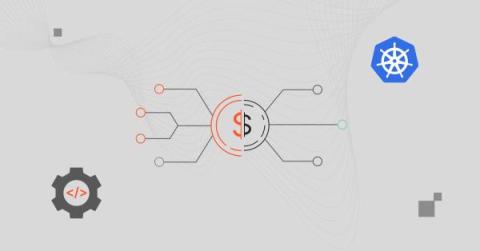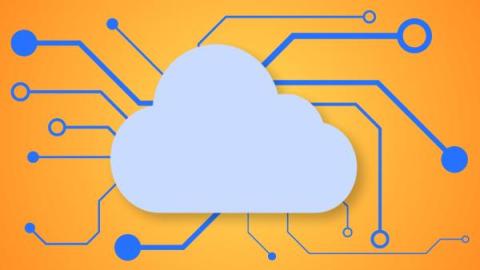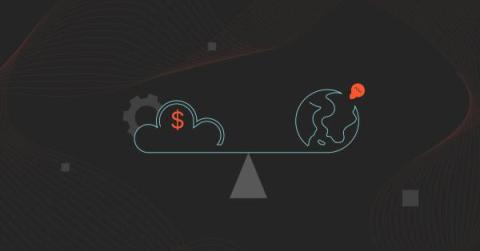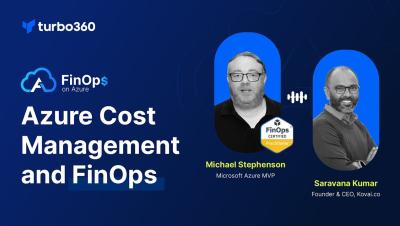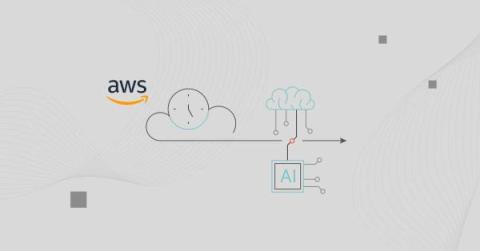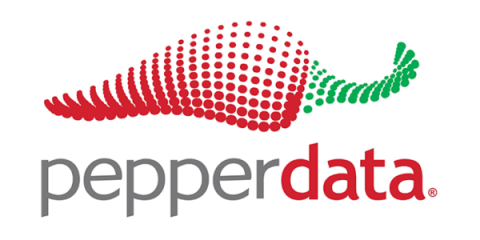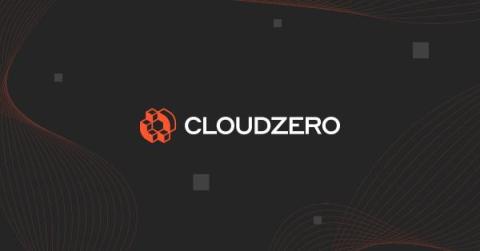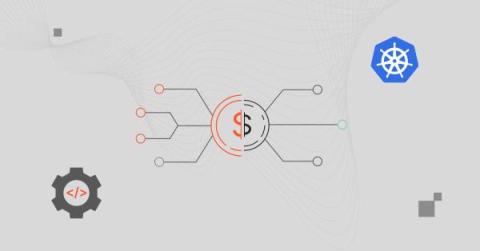Future Trends In Kubernetes Cost Management: What To Expect
Kubernetes has emerged as a pivotal force in shaping modern cloud infrastructure. Originating as a brainchild of Google, Kubernetes has evolved into an open-source platform that has revolutionized how applications are deployed, scaled, and managed across a vast network of machines. Its ability to orchestrate containerized applications efficiently makes it an indispensable tool within cloud computing. However, with great power comes great responsibility, particularly in the realm of cost management.


